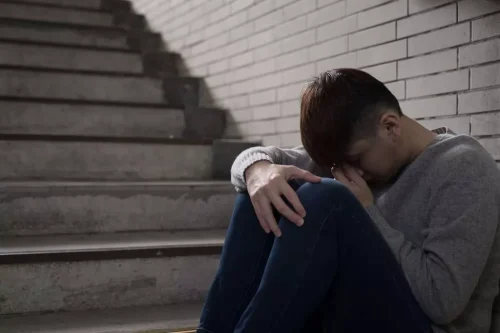
He lets the story loose in this incredible interview from the documentary How to Make Money Selling Drugs, and it hits home as a dark reminder of how serious these funny rhymes about drugs can actually be. Em has since beat his addiction and pumped his skills back up. The fantasy of making money on the streets has always appealed to the Hip-Hop community, so it is no surprise that a large percentage of rappers talk about moving work in their rhymes. But as we all know by now, most of these claims fall into the “it’s only entertainment” category.
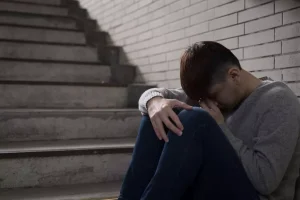
Lean (Codeine)
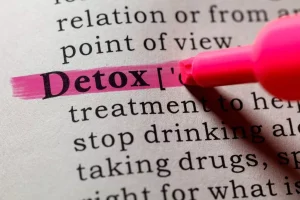
Also known as molly and MDMA, the drug often shows up at nightclubs and concerts. However, Snoop Dogg, Dr. Dre and other rappers who have glamorized marijuana use often fail to mention its consequences. Short-term side effects of cannabis use include memory loss, hallucinations and psychosis.
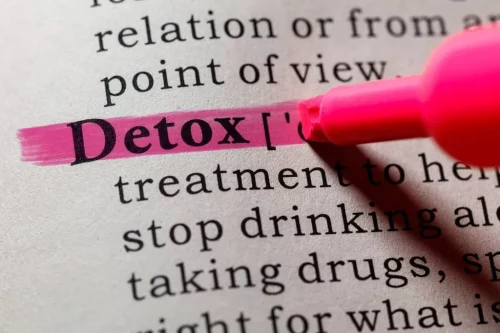
How Alcohol Mentions in Rap Music Can Influence Youths
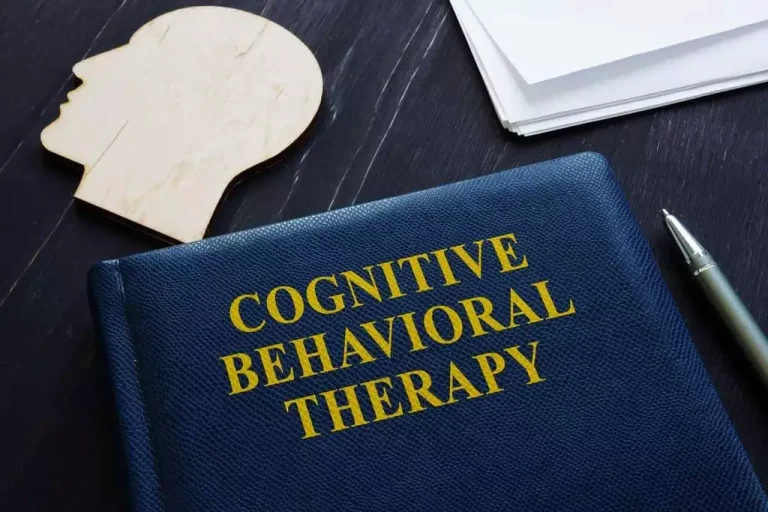
Not only that, he claimed in the interview below that things were so out of whack that he almost got dropped three times. It got so bad that his label manager, Anthony “Top Dawg” Tiffith ended up stepping in to intervene with a firm ultimatum. America’s drugs and opioid crisis has been raging since the Nineties, but, as Cole hit home with his album art and lyrics, what rapper does the most drugs it is getting worse, claiming victims barely into teenagehood. Drug overdoses are currently the biggest killer of Americans under 55; cocaine production is at an all-time high.
- It is time to put an end to drugs, and help those who are current struggling users.
- But African-Americans are 20 percent more likely than the general population to endure a severe mental health disorder, such as major depression or post-traumatic stress disorder.
- Drug usage and the abuse of these drugs are very prominent in hip-hop and rap lyrics today.
- The beloved but troubled rapper died of a fatal mixture of cocaine and the prescription drug Tramadol in 2004.
Here’s a List of Rappers That Are Proud to Be Sober
Last year, TDE’s most underrated Isaiah Rasahd also spoke out about the perils of lean addiction. The rapper first discovered the deadly combination of Xanax and alcohol while on the Oxymoron tour with ScHoolboy Q, who has faced his own struggles with addiction. The way Rasahd tells it, he was doing so many drugs that he ultimately ended up tearing his stomach lining.
- Rich Homie Quan’s passing on Sept. 5 at the age of 34 is the latest example of a rap star’s life being tragically snuffed out due to an accidental drug overdose.
- Chillingly, Westhoff’s book, by pure coincidence, coincides with the first anniversary of Miller’s death.
- The charts also reveal how changes in political policy and society can directly influence rap lyrics.
- In an interview with GQ magazine, he spoke more extensively about his addiction to the antianxiety medication.
- Project Know also pinpointed which rappers namecheck substances the most frequently.
- “Yeah, relax/ Take notes, don’t you relapse/ Stay focused, you don’t need that.” These lyrics describe the artist’s struggle to fight the craving of drugs.
- As communities, we should rally against the spread of drugs to everyone.
- Drugs should be cleared from the streets, and we should be able to help those who are addicted.
- He tells in the above video about how his children were his inspiration to finally get clean.
- Not to mention the fact that their fanbase is probably made up of even younger, even more impressionable listeners.
Yesterday, Gucci got back on Twitter, talkin’ about how he woke up in a hospital ashamed and embarrassed about his behavior, apologizing for the shenanigans, and admitting to a terrible ten-year lean addiction. In case you’re too privileged and white to understand, lean is codeine cough syrup mixed with soda for an ultimate #traplyfe experience. Some of today’s biggest names like Lil Wayne and Kid Cudi, among others, have spent much of their careers looking for a way to cope with their own personal traumas. Many times, the glamorization of substance use is in their rhymes, peppering hooks with one-liners that Alcoholics Anonymous speak to those internal struggles.
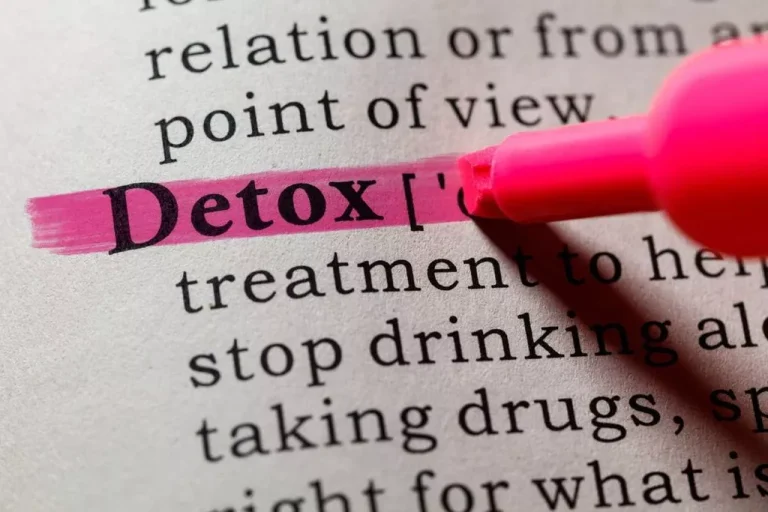
“A drug habit like Philip Hoffman will probably put me in a coffin,” Miller had rapped, eerily prophetically, in What Do You Do, a song from his 2014 album Faces. Miller’s death came only five months after the release of Cole’s KOD, and when Cole performed his new album in Las Vegas later that month, he dedicated the concert to Miller, breaking down in tears. Chillingly, Westhoff’s book, by pure coincidence, coincides with the first anniversary of Miller’s death. The intro to this song is “Drugs got me sweatin’, but the room gettin’ colder/ Lookin’ at the devil and the angel on my shoulder/ Will I die tonight? / Lookin’ for my next high, I’m lookin’ for closure,” immediately addressing some of the effects, outcomes, and thoughts while using drugs ( lines 1–4). Juice also alludes to a possible overdose with the lyric “Fuck one dose, I need two pills, two pills” in line 18.
- You know who else beat addiction and got his own television show?
- However, in recent years, some young rap artists have detailed the consequences of addiction and mental illness in an effort to spread awareness and eliminate stigma related to substance use disorders.
- Denny Kolsch, an Orlando-based mental health counselor who specializes in addiction and mood-related disorders, says that socioeconomic factors may be another reason African-American rappers allude to drug use in their music.
- Then he noted that his “addictive personality” is what could potentially lead to his downfall.
A Closer Look at How Drug Overdoses Are Plaguing Hip-Hop
One of his most successful tracks, “Gin and Juice,” includes lyrics about smoking “indo,” a slang term for marijuana. In songs and interviews, Jay-Z has discussed the ubiquity of drugs he saw while growing up in Brooklyn in the 1980s. The streets of New York were rife with illicit substances, and Jay-Z saw evidence of crack use everywhere. Those who survived their use of the drug dealt with severe physical and psychological problems that included hallucinations, seizures, psychosis, depression and addiction. To combat the influence of rap music on teen drug use, Herd recommended that parents monitor their children’s music.
The researchers discovered that codeine’s popularity has substantially increased in the past few years, but it’s still not as popular as weed. This song by Juice WRLD tells the listener about his battle with drugs. He starts the song off with “Drugs killing me softly, Lauryn Hill/ Sometimes I don’t know how to feel,” discussing how drugs are negatively affecting his physical and mental health (lines 11–12). The first verse has lyrics like “On the other line, I talk to addiction, huh/ Speaking of the devil, all the drugs, I miss them/ This can’t be real, is it fiction?
